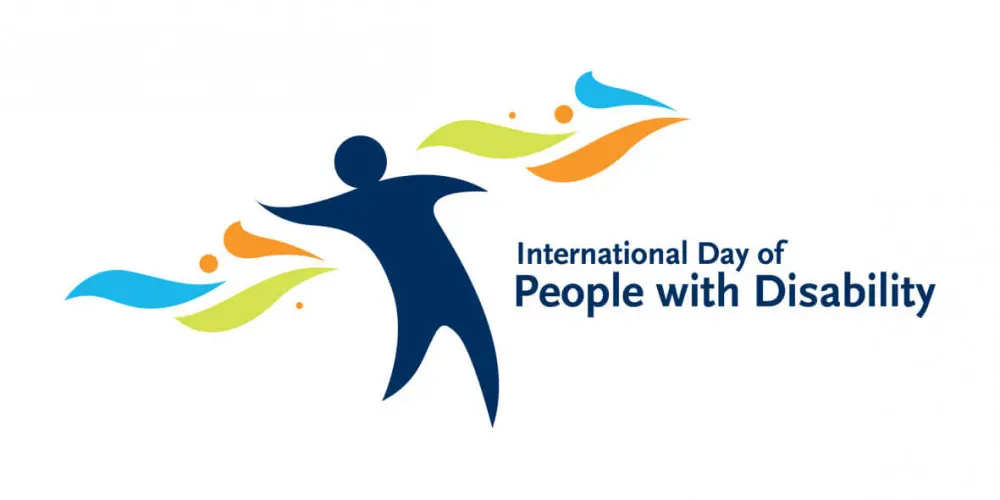KIT Blog
International Day of People with Disabilities
-
 The Leprosy Mission Australia
The Leprosy Mission Australia
- Dec 01, 2021
- Global
International Day of People with Disabilities
Friday 3rd December marks International Day of People with Disabilities. Today, The Leprosy Mission Australia joins with various organisations to celebrate diversity of all people and raise awareness of the continued existing inequalities that prevent people with disabilities from full inclusion in society.
This year, in a world recovering from COVID-19, the International Day of People with Disabilities is focused on building a #BetterWorldForAll with ‘leadership and participation of persons with disabilities towards an inclusive, accessible and sustainable post-COVID-19 world’.
Unfortunately, COVID-19 has had catastrophic impacts on people with disabilities. Barriers that people have worked years to break down have once again returned and in increasing numbers across various aspects, such as employment, health and information access. As COVID-19 overwhelms our systems, the needs of people with disabilities have been overlooked. A global survey found that 1 in 3 respondents had lost access to needed disability-related supports (e.g. wheelchair replacements and repairs).
Currently, 1 billion people or 15% of the world’s population experience disability. However, according to the World Health Organization, this number is predicted to rise due to an ageing population and increase in non-communicable diseases.
As the world recovers from the global pandemic, this International Day of People with Disabilities calls for all people to work towards building a more diverse disability inclusive post COVID-19 world. This includes people with leprosy, where preventable disabilities continue to develop and in many part of the world, they continue to face significant stigma and exclusion from their communities.
At the Leprosy Mission, disability inclusion and discrimination have been at the forefront of our minds this year, as our projects work hard to ensure that people with leprosy are supported throughout the pandemic and continue to have a voice in their communities. We have experienced both successes and setbacks.
In recognition of this International Day, we want to celebrate a few of the successes our projects have experienced in disability inclusion over the year:
In Timor Leste advocacy by the Rights of People with Disabilities project resulted in a new public works order that requires all public and commercial buildings to be accessible to all persons with a disability. In addition, sign language is now available during national news broadcasts.
In Nigeria, thumbprint identification is used to register to vote. This was a barrier for people with leprosy who had lost fingers. Previously they would have been unable to register to vote. The government has now developed an accessible system for them thus allowing them to take part in the national elections.
In Nepal, 926 people were supported this year to obtain disability ID cards from the government. These ID cards allow for much needed supports for people experiencing disabilities (e.g. access to free transportation).
In India, during COVID-19, the Inclusive Empowerment team successful advocated for COVID-19 vaccines to be provided to people with disabilities within their homes.
In addition, the team successfully advocated for the inclusion of the Rights of Persons with Disabilities Act into the police database software. This means that when people with disabilities fall victim to a crime, they can now be recognised in the system as a person with a disability. This then ensures that the laws and entitlements for people with disabilities can be implemented without fail. In the past, this was not available, meaning that many people with disabilities were unable to access appropriate entitlements and legal supports.
Furthermore, after successful petitioning, the government announced an initiative of providing free town bus rides for all persons with disabilities in Tamil Nadu.
As you can see from the above achievement, there is much to celebrate and be thankful for in the progress our project partners have achieved in building a more inclusive world.
However, progress also came with many challenges.
In India, patient visits to the hospitals have significantly dropped during the pandemic and lockdown. This means that many leprosy patients may have been unable to travel to the hospital to receive the treatment they needed.
Floods in Timor Leste, during the country lockdown, increased difficulties for people with leprosy and disability, with damage to homes and difficulties in income generation pushing them further into poverty.
In addition, there was a significant global drop in reported case numbers in 2020 of 129,192 cases. This was a 37.1% drop compared to 2019 and is most likely due to less detection and reporting during the pandemic. This has significant ramification for future years, as undetected cases can lead to increased risk of permanent disability and deformity.
Therefore, as we celebrate the successes in disability inclusion, we also recognise the significant hurdles in accessibility and inclusion still faced by people with leprosy and disabilities around the world. There is still much to do but The Leprosy Mission Australia along with our partners, are eager to continue advocating for increased disability inclusion, so that perhaps one day we can help achieve the goal of a more disability inclusive, better world for all.
References:
ADDC 2021, International Day of People with Disabilities 2021, ADDC, viewed 30 November 2021, .
United Nations 2021, International Day of Persons with Disabilities, 3 December, United Nations, viewed 30 November 2021, .
World Health Organization 2020, Global leprosy (Hansen disease) update, 2020: impact of COVID-19 on the global leprosy control, World Health Organization, viewed 30 November 2021, .













